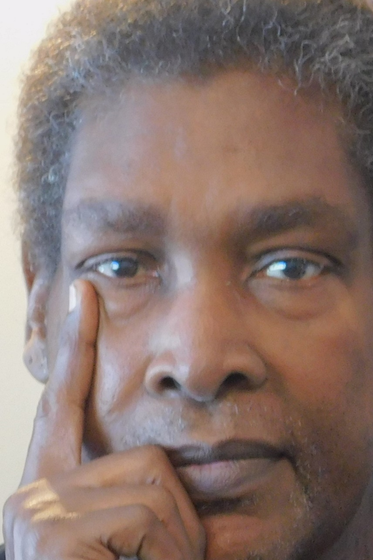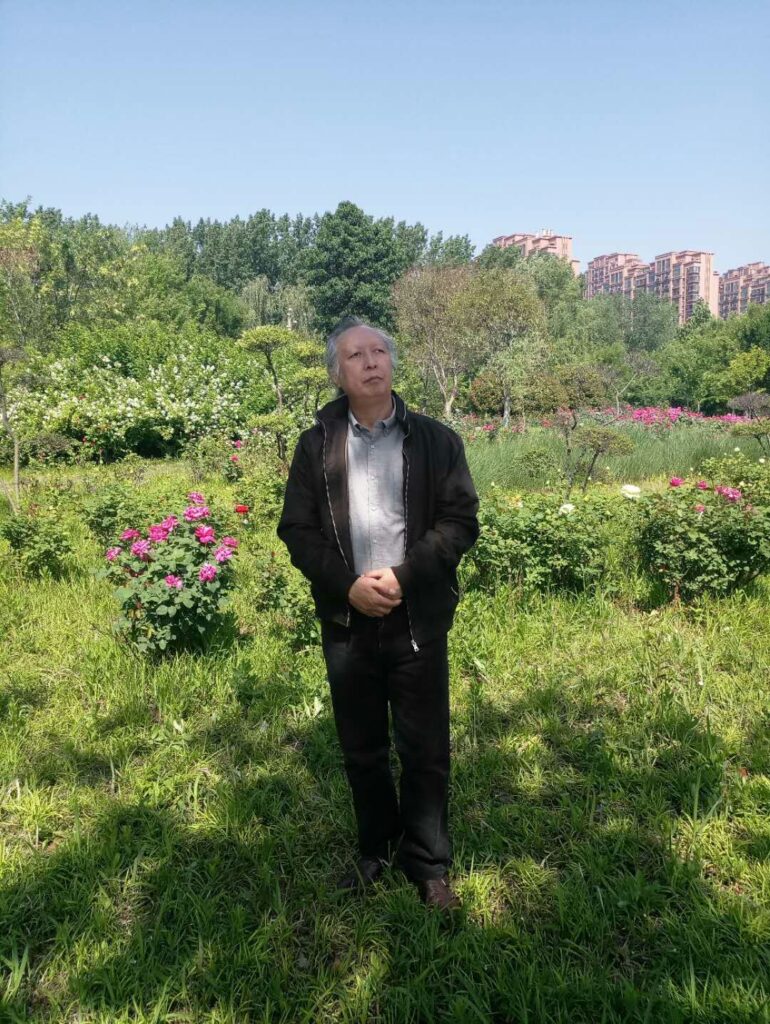Written September 23 which would have been her 34 birthday Judge Santiago Burdon
What Did Your Teacher Learn In School Today
For McKenzie
It was when McKenzie, my daughter was in the second grade I believe. Her teacher called me in the early afternoon while class was still in session.
” Mr. Santiago, it’s imperative you come to the school, we need to have a serious discussion concerning McKenzie’s demeanor. Is your wife available to come as well?”
” Mrs.Callaway, my ex-wife, is most likely working at her shop and wouldn’t be able to attend.
May I ask what kind of problem requires me to show up at school? Has she been injured? Is she okay?”
” Yes she’s fine and isn’t hurt or injured.”
“Has McKenzie assaulted or hurt someone?” I asked.
” No, it’s nothing like that.”
” Well then what in the hell is the problem? Tell me what my eight year old daughter did to cause you to call me? From the sound of it, you seem to be on the verge of a nervous breakdown. Are you alright?”
” I’m unable to cope with it any longer. She constantly corrects me when I’m teaching a subject or telling the class pertinent information straight from the lesson plan. She has an abnormal way of viewing the world. The other students now applaud her when she proves her point.”
” Wait a second. Are you telling me my eight year old daughter is questioning the information you’re teaching? What exactly do you mean?”
” It started the first day of class with the Pledge of Allegiance. She refused to recite it claiming that it was a lie. First of all she said she doesn’t believe in God. Why does she have to say ” one nation under God”? And what about nonchristians people that don’t believe in God? Atheists or those that worship Allah or Buddhists, why do they have to pledge allegiance to a God that they don’t worship?”
“Well she’s absolutely correct on each issue”
” It doesn’t stop there. She also pointed out that it says “liberty and justice for all”. And the Civil Rights Bill wasn’t made a law until 1964.”
” She’s right again.”
” In Language Arts the subject of Sunrise and Sunset came up. Well she said actually the Sun doesn’t rise or set. The Earth turns making it look like the Sun sets or rises. They should be called Earth turns. Morning Earthturns and Evening Earthturns.
“Actually that statement is one of my original thoughts. I guess my children do occasionally listen to what I say”.
“Another example of her abnormal and oddball observations; The Dictionary should be called a Definitionary because no one uses it to look up a word’s diction, most everyone used it to look up definitions.”
” So far she hasn’t been incorrect with any of her information. I don’t understand…”
” Did you know the English settled Australia with Irish prisoners, criminals and slaves? I didn’t, until she said it in History class. I looked it up and it was true. She asked why the Declaration of Independence says “All men are created equal. Their creator gave them life, liberty and to have happiness.” But at that time there was slavery in the colonies and it was practiced for almost a hundred years after it was signed. And still many Presidents of the United States owned slaves. How could that be possible?” she asked”. I didn’t have an answer”
” I fail to see a problem here? What exactly do you claim she is doing wrong?”
” Let me finish. Whenever she makes her statement, which is frequently, she always says; my father told me and promised he would never lie to me.”
” Yes, that’s the absolute truth.”
” Well I would appreciate it if you would stop filling her head with contradictory information? I had her brother in my class a couple years back and I had the same problem with him. Are you raising your children to be revolutionaries spreading subversive ideas?”
.” No, I raise my children to ‘Question Authority’ and not to believe everything they’re told.
I’ll be at the school in ten minutes. I’ll take care of this problem.”
” Thank you.”
I drove to the school with the biggest smile I could fit on my face. As a father I couldn’t have been more proud of McKenzie.
When I reached the school I found McKenzie in the Principal’s office along with her teacher.
” Hey McKenzie. Do you have everything of yours with you?”
“No, my jacket and backpack are in my classroom cubby.”
” Run over there and get all your stuff. Apúrate bebe”.
She scooted out of the office. I talked with the Grammar School Dictators, they mentioned how much they appreciated me addressing the situation. And hoped I would take care of curtailing her fanatical ideals. The principal held out his hand for me to shake just as McKenzie returned. I turned away from him to help her put on her backpack. “Have you got everything?”
She shook her head yes. I turned back facing the principal and he still had his hand out for me to shake.
” I should let you know that McKenzie will not be returning to this school. I think it is better for everyone involved that I enroll her in an actual learning institution. We’ll be leaving now. I have no intention of shaking your hand. Please have her records available as soon as possible.”
” Mr. Santiago, this is not the solution I had in mind.” Mrs. Callaway mentioned.
” You’re just lucky you didn’t discuss the Bible in school. You would’ve been up the creek.”
We got in the car and McKenzie looked at me with an inquisitive expression.
” So you’re not mad?”
” Yes I’m a little pissed off but it’s not worth letting it bother me.”
“I’m sorry Santi”
” Sorry? What are you sorry for? I’m upset with your teacher, not you.”
” So I’m not going back to school here?”
” No, we’ll find a real school. I guess instead of asking you what did you learn in school today? I’m going to have to start asking, what did your teacher learn in school today? So what do you think, Smoothie or Milkshake?”
” I love you Santi.”



